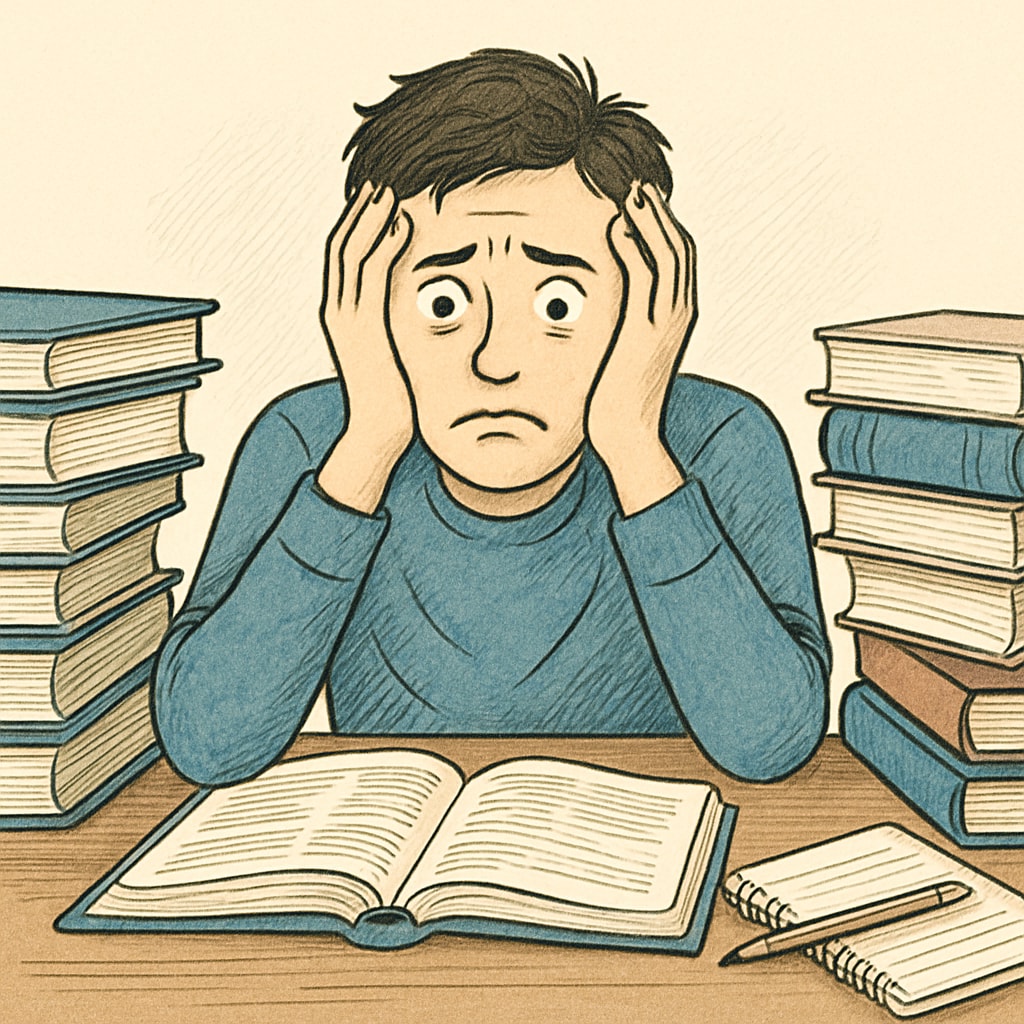GCSE results, academic anxiety, and future prospects are deeply intertwined in the lives of British students. As the cornerstone of secondary education, GCSEs (General Certificate of Secondary Education) often determine access to higher education and career opportunities. However, the immense pressure to achieve top grades can lead to significant academic anxiety, affecting students’ mental health and sometimes overshadowing the broader purpose of education. This article explores the societal factors driving this anxiety and advocates for a more holistic approach to evaluating student success.
The pressure of GCSE results and its impact on mental health
The emphasis on achieving high GCSE results has led many students to experience overwhelming academic pressure. According to recent studies, a significant percentage of secondary school students report feelings of anxiety and stress during exam periods. This pressure is often amplified by parental expectations, competition among peers, and the perception that GCSE grades are the ultimate determinant of future success.
In extreme cases, academic anxiety can manifest as depression, sleep disturbances, and physical health issues. While the education system aims to prepare students for the future, the current focus on standardized testing may inadvertently harm their mental well-being. Addressing these concerns requires both systemic reform and broader societal support.

Are GCSE results truly the key to future opportunities?
While it is true that GCSE results play a significant role in shaping students’ future pathways, their impact is often overstated. Many alternative routes exist for students who may not achieve their desired grades. Vocational training, apprenticeships, and adult education programs offer pathways to success that do not depend solely on academic performance.
Furthermore, employers and universities are increasingly recognizing the value of skills such as creativity, problem-solving, and emotional intelligence—qualities that standardized exams cannot measure. As a result, students should be encouraged to view GCSEs as one part of their broader development rather than a definitive measure of their potential.

Building a balanced evaluation system
To reduce academic anxiety and better support students, the UK education system must move toward a more balanced evaluation model. This could include:
- Incorporating project-based assessments alongside traditional exams to evaluate practical skills and creativity.
- Providing mental health resources in schools to help students cope with exam stress.
- Encouraging a growth mindset that emphasizes learning and improvement over fixed grades.
By valuing a broader range of skills and achievements, we can foster a healthier learning environment that prioritizes both academic success and mental well-being.
Readability guidance: This article uses concise paragraphs, lists to summarize key points, and active voice to maintain clarity. Transition words like “however,” “in addition,” and “as a result” are used to ensure smooth flow between ideas while limiting long sentences and passive constructions.


